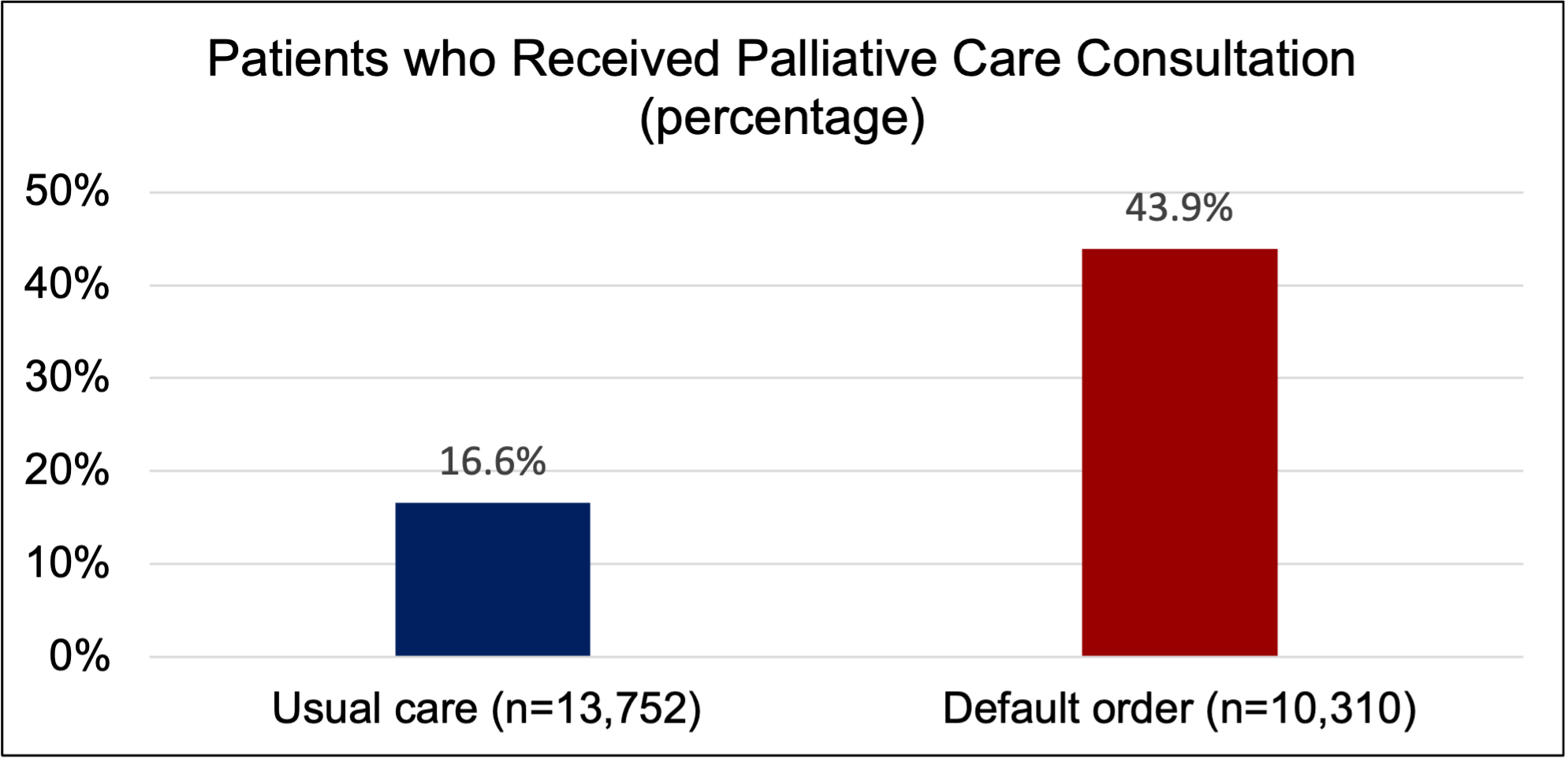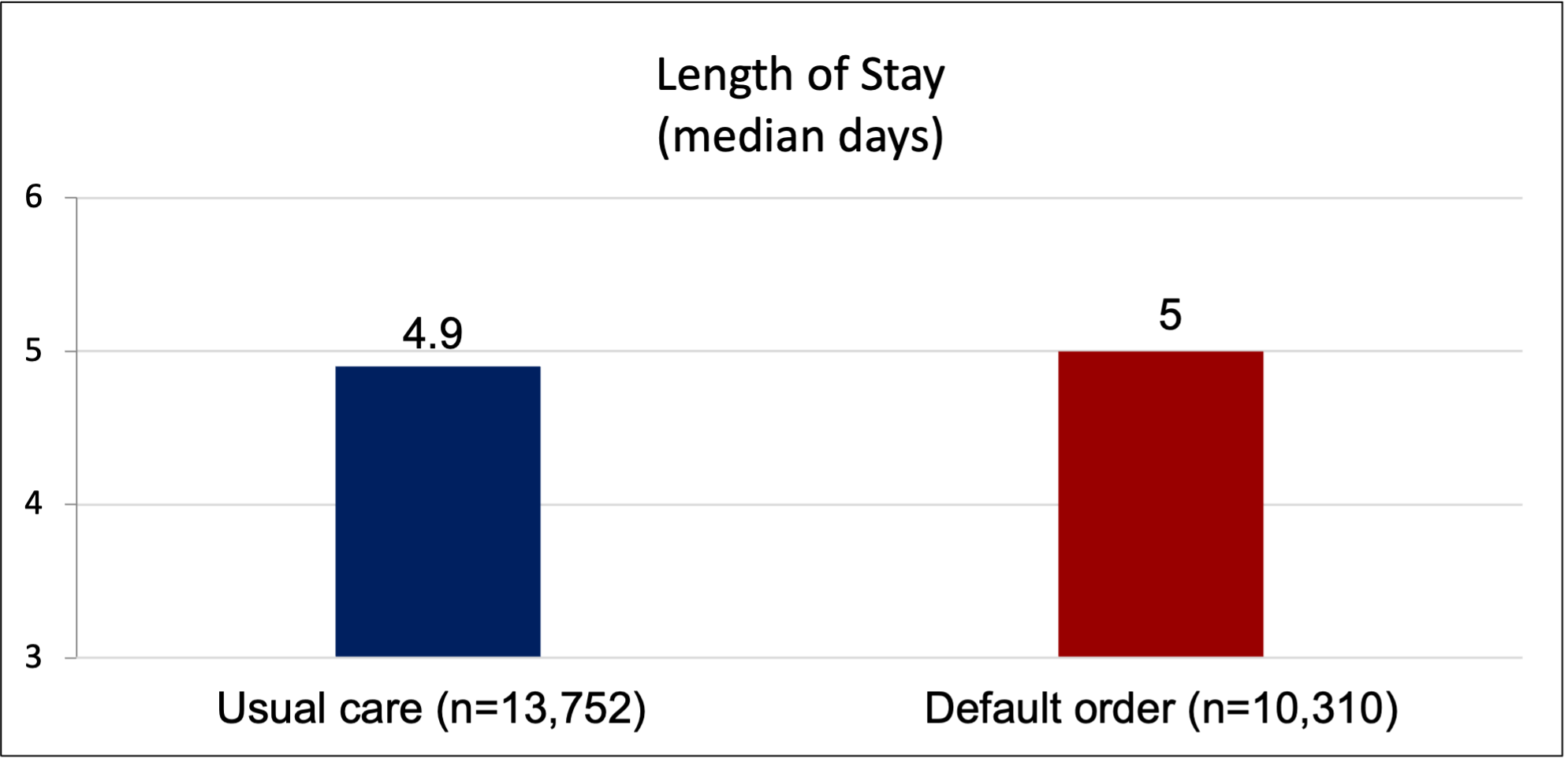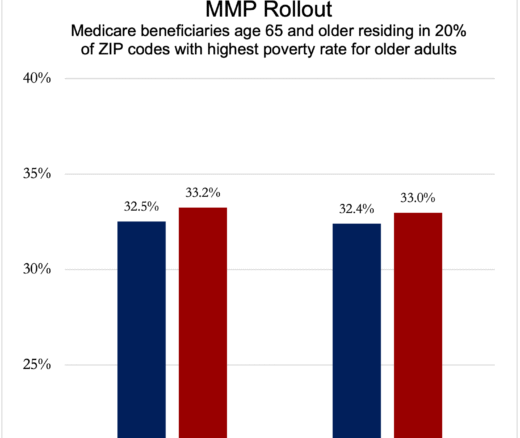
Acupuncture Could Fix America’s Chronic Pain Crisis–So Why Can’t Patients Get It?
A Proven, Low-Risk Treatment Is Backed by Major Studies and Patient Demand, Yet Medicare and Insurers Still Make It Hard To Use
Blog Post


Palliative care consultation is recommended for patients with serious illnesses, but many aren’t referred for this care or only receive a consultation at the end of their lives. To test whether a simple intervention would improve palliative care consultation rates and outcomes as measured by length of stay in the hospital, LDI Senior Fellows Katherine Courtright, Scott Halpern, Dylan Small, Mary Ersek and their team conducted a multisite randomized trial that included over 24,000 patients.
The study, published in JAMA, randomized hospitalized patients 65 years or older with serious illnesses (advanced chronic obstructive pulmonary disease [COPD], dementia, or kidney failure) to have default orders for palliative care added to their charts or usual care. Among the patients with default orders in their charts, 43.9% received a consult compared to 16.6% who did not. In addition, patients in the intervention group who received a consultation received it more quickly. While there was no significant difference (4.9 versus 5 days) in the length of stay between the two groups, the study demonstrated that a default order in patients’ charts improves end-of-life care for seriously ill patients.
The study, “Default Palliative Care Consultation for Seriously Ill Hospitalized Patients: A Pragmatic Cluster Randomized Trial,” was published on January 16, 2024 in JAMA. Authors include Katherine R. Courtright, Vanessa Madden, Brian Bayes, Marzana Chowdhury, Casey Whitman, Dylan S. Small, Michael O. Harhay, Suzanne Parra, Elizabeth Cooney-Zingman, Mary Ersek, Gabriel J. Escobar, Sarah H. Hill, and Scott D. Halpern.


A Proven, Low-Risk Treatment Is Backed by Major Studies and Patient Demand, Yet Medicare and Insurers Still Make It Hard To Use

Chart of the Day: Medicare-Medicaid Plans—Created to Streamline Care for Dually Eligible Individuals—Failed to Increase Medicaid Participation in High-Poverty Communities
Research Brief: Shorter Stays in Skilled Nursing Facilities and Less Home Health Didn’t Lead to Worse Outcomes, Pointing to Opportunities for Traditional Medicare

How Threatened Reproductive Rights Pushed More Pennsylvanians Toward Sterilization

Abortion Restrictions Can Backfire, Pushing Families to End Pregnancies

They Reduce Coverage, Not Costs, History Shows. Smarter Incentives Would Encourage the Private Sector